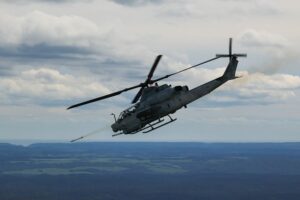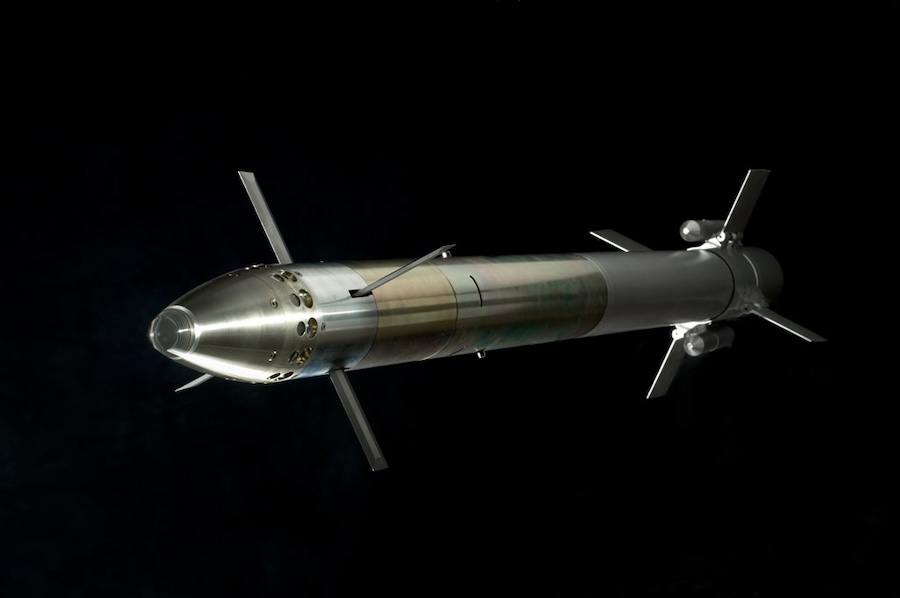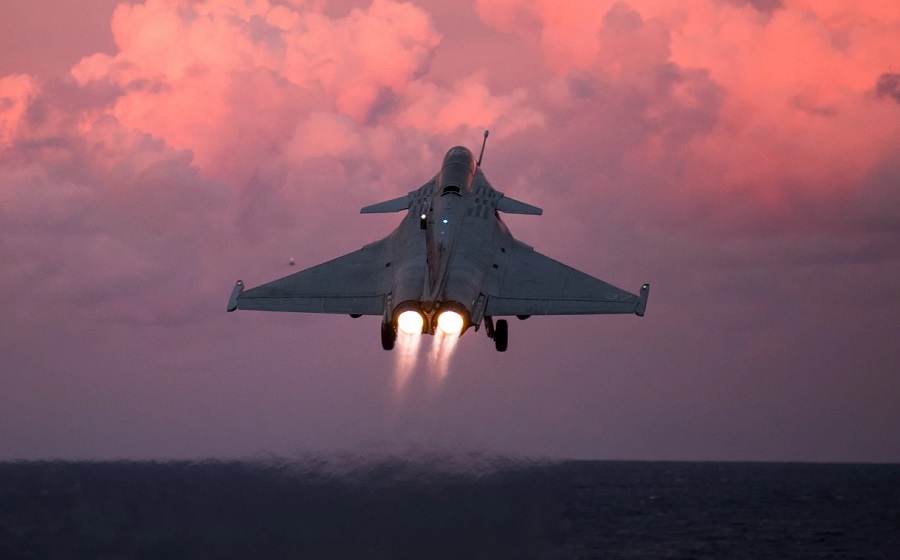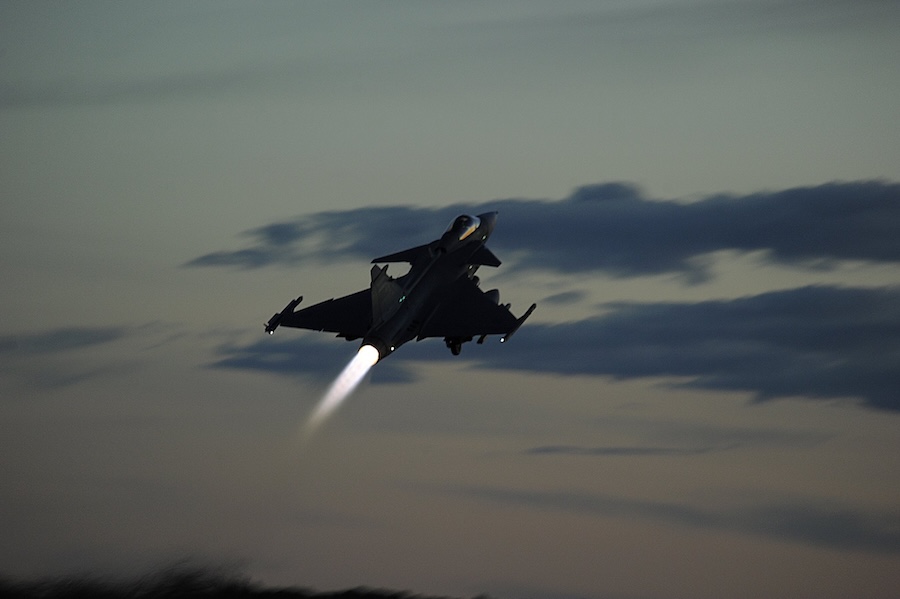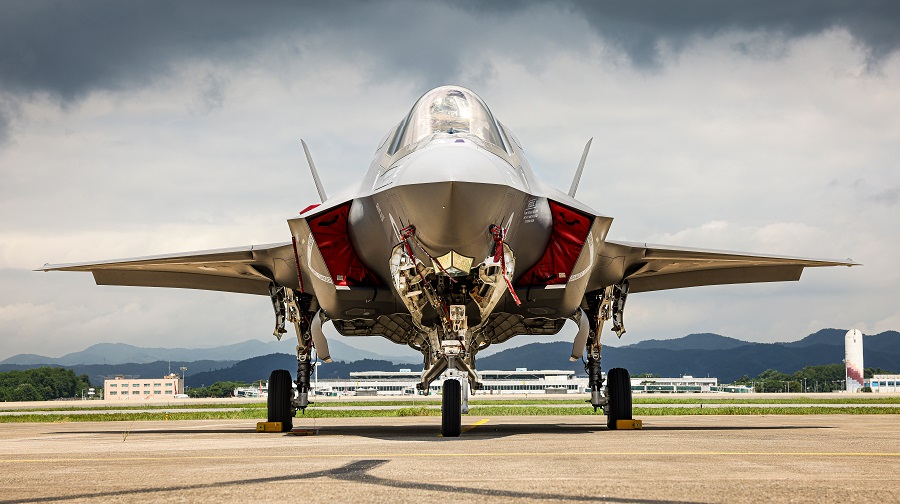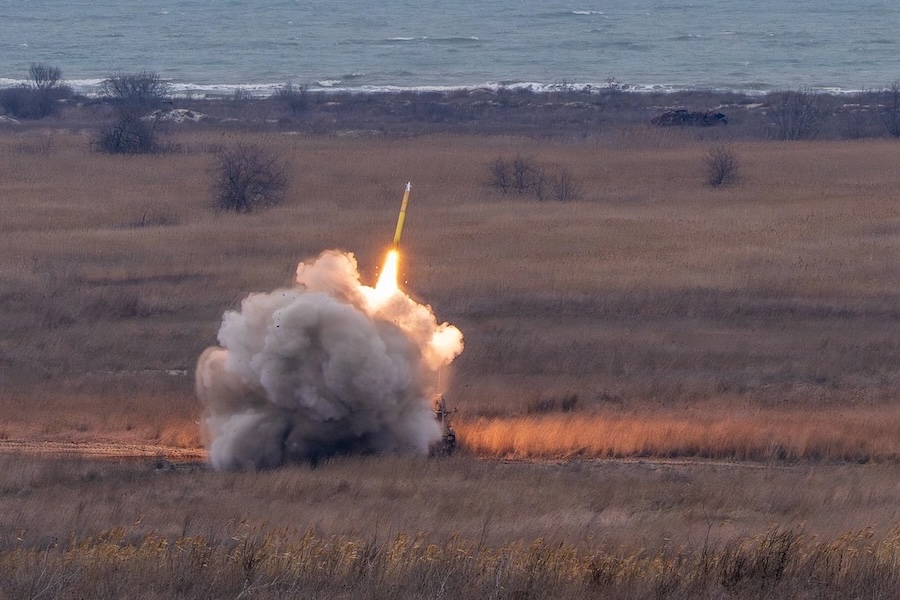The training programme is designed to deliver comprehensive instruction covering operational requirements, flight planning, and safety procedures for transatlantic missions. This ensures full regulatory compliance and improved readiness of aircrew personnel conducting overseas flights.
One key lesson from the Iceland flight involved the impact of international holidays on flight planning, with potential airport closures affecting availability. “When planning flight routes and travel dates, one must think about the holidays the destination countries may be celebrating,” the detachment noted, highlighting a vital operational factor often overlooked.
Maine is uniquely positioned to lead this training due to its proximity to major Atlantic crossing routes and its ability to complete flights between Bangor and Iceland within a single crew duty cycle. The unit’s experience, combined with internationally seasoned mechanics and a state-of-the-art Army Aviation Support Facility, makes it an ideal training hub.
“Training others helps us maintain a perishable knowledge base,” said OSACOM Commander, Chief Warrant Officer 5 Eric Willett, underlining the dual benefit of sharing expertise while preserving critical skills. Sgt. First Class Tatjana Francis added that the most rewarding part is to “build and maintain international relationships and have a positive interaction with other countries.”
The Bangor-based OSACOM unit has a history of global deployments, having supported Priority Air Transport in Afghanistan, Kuwait, and Africa, as well as Intelligence, Surveillance, and Reconnaissance missions in Iraq and Afghanistan. This operational background further cements its capability to train others in complex, long-range aviation missions.





